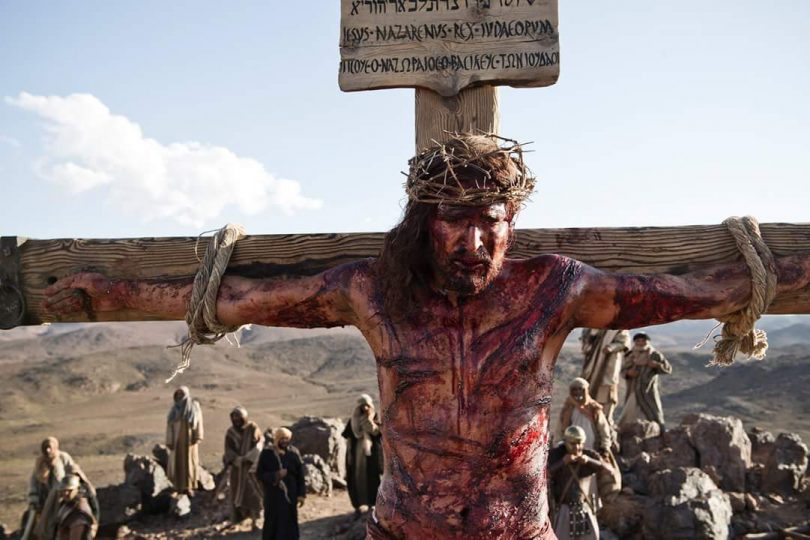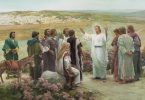Of Jesus’s manifestation on earth, when he took a fleshly body to teach us The Way, he illuminated a path for us to follow. He taught us not to expect things done for us, but to do for others (Matthew 20:28). He modelled this teaching perfectly when he offered himself up on The Cross, as ransom for all our sins. The John F Kennedy inaugeration speech on January 20th 1961 underlines this teaching again, as his famous words lit a fire under the United States of America: “And so, my fellow Americans: ask not what your country can do for you–ask what you can do for your country.” Words that point to service as a path to advancement, can drive a nation to civic duty that will furnish progress. Service to others is the path to human freedom and inner fulfillment. In Rossini’s famous Barber of Seville, the aria “Largo al factotum” the final verse is literally translated as “I am the city’s servant.” This is sung, of course, as the character Figaro is expressing his joy of being at the fruitful service to his townspeople. But ultimately, I want to illustrate the original meaning of the concept of work. In the pre-fall of humanity at the Garden of Eden, God asked man to till the ground: “The Lord God took the man and put him in the Garden of Eden to work it and take care of it” (Genesis 2:15). A more exact translation is to serve the garden. Work, then, was orginially given to man as an act of service. It was only when both Adam and Eve ate of the tree of the knowledge of good and evil, that the consequence of this sinful act was that work would now become laborious to humanity (Genesis 3:17). That being said, if you are searching for meaningful work, greater inner fulfillment, look for ways that your abilities and skills can be put to the service of others. Chances are you will find joy, inner happiness and peace.






